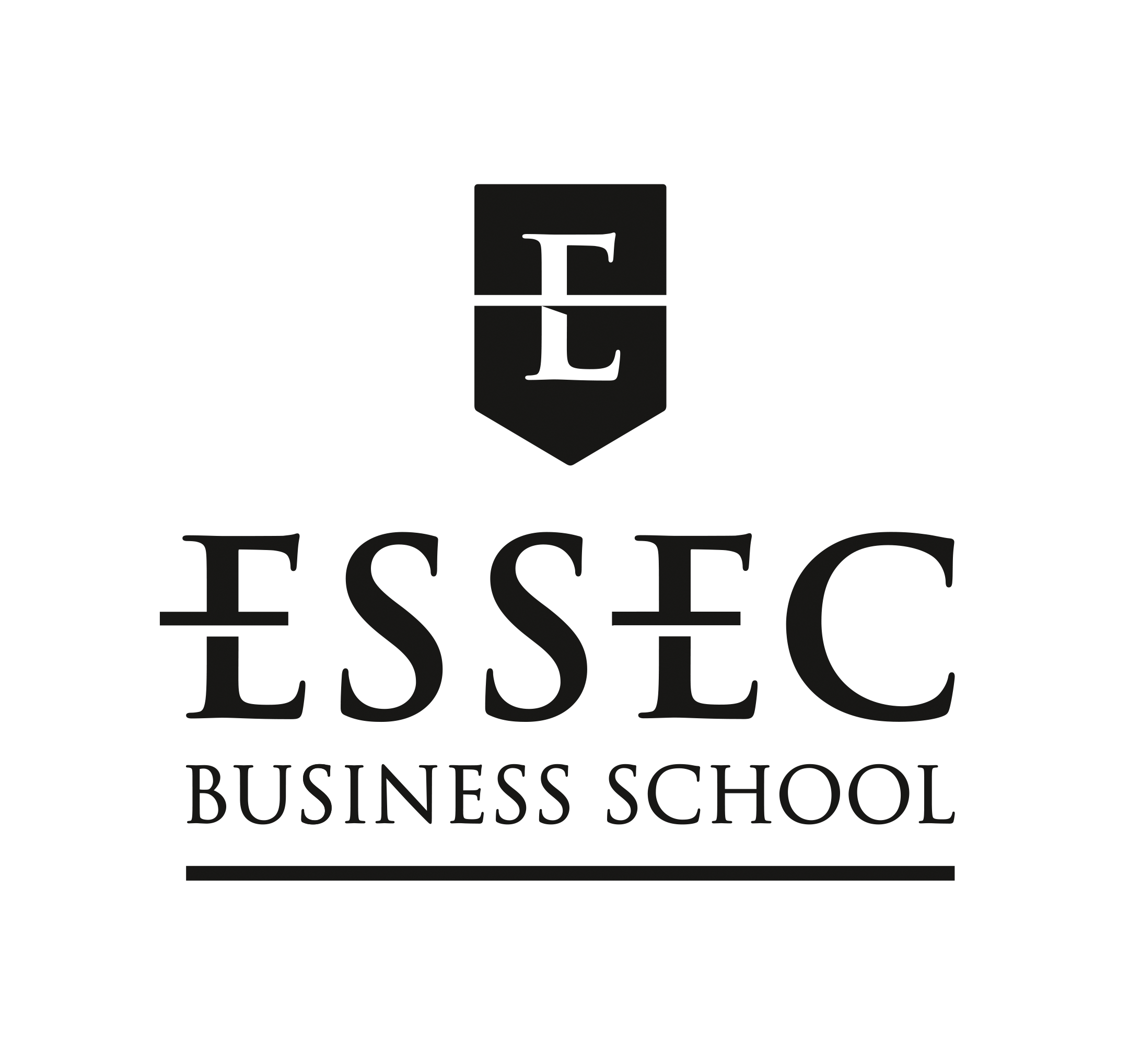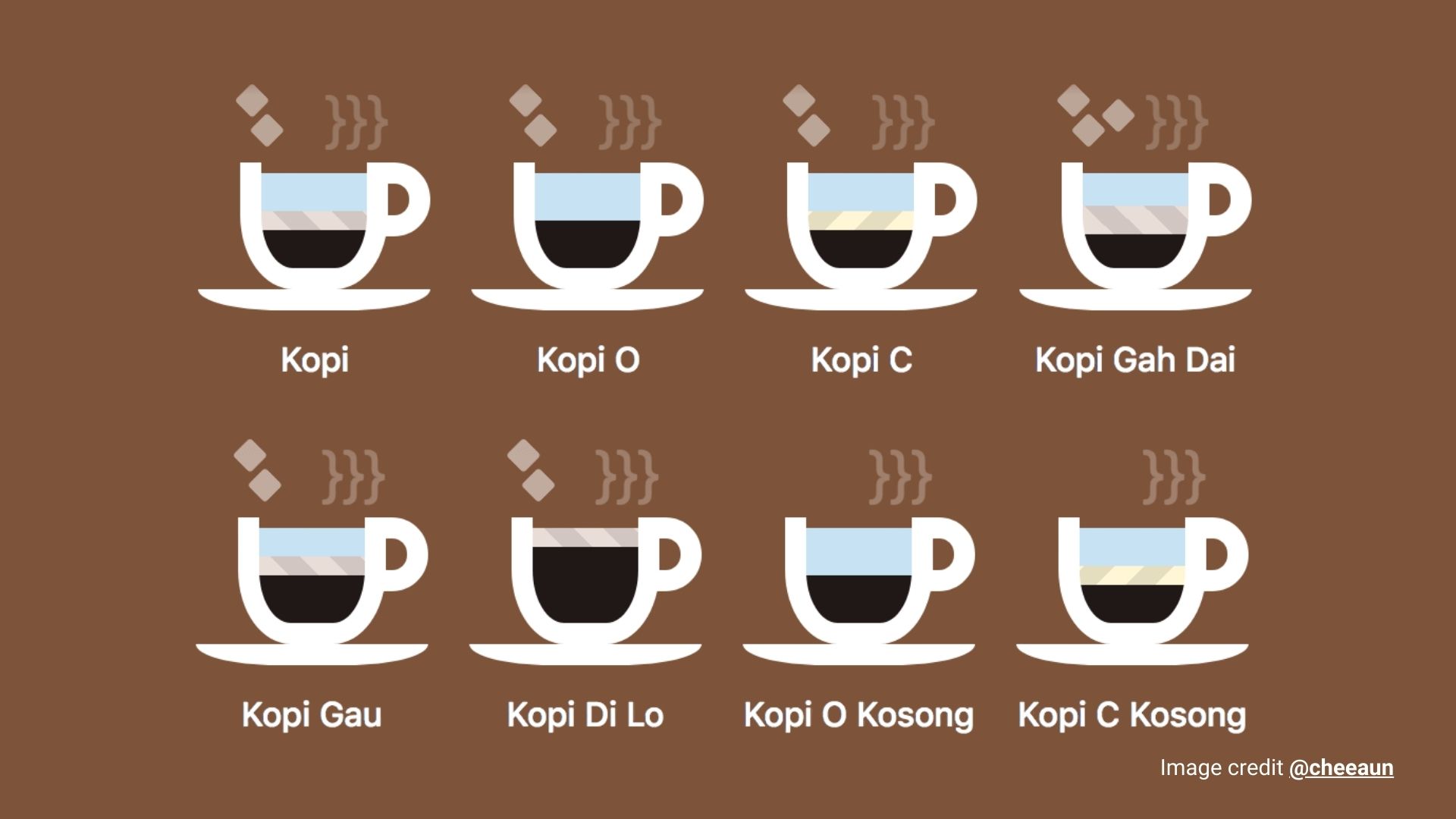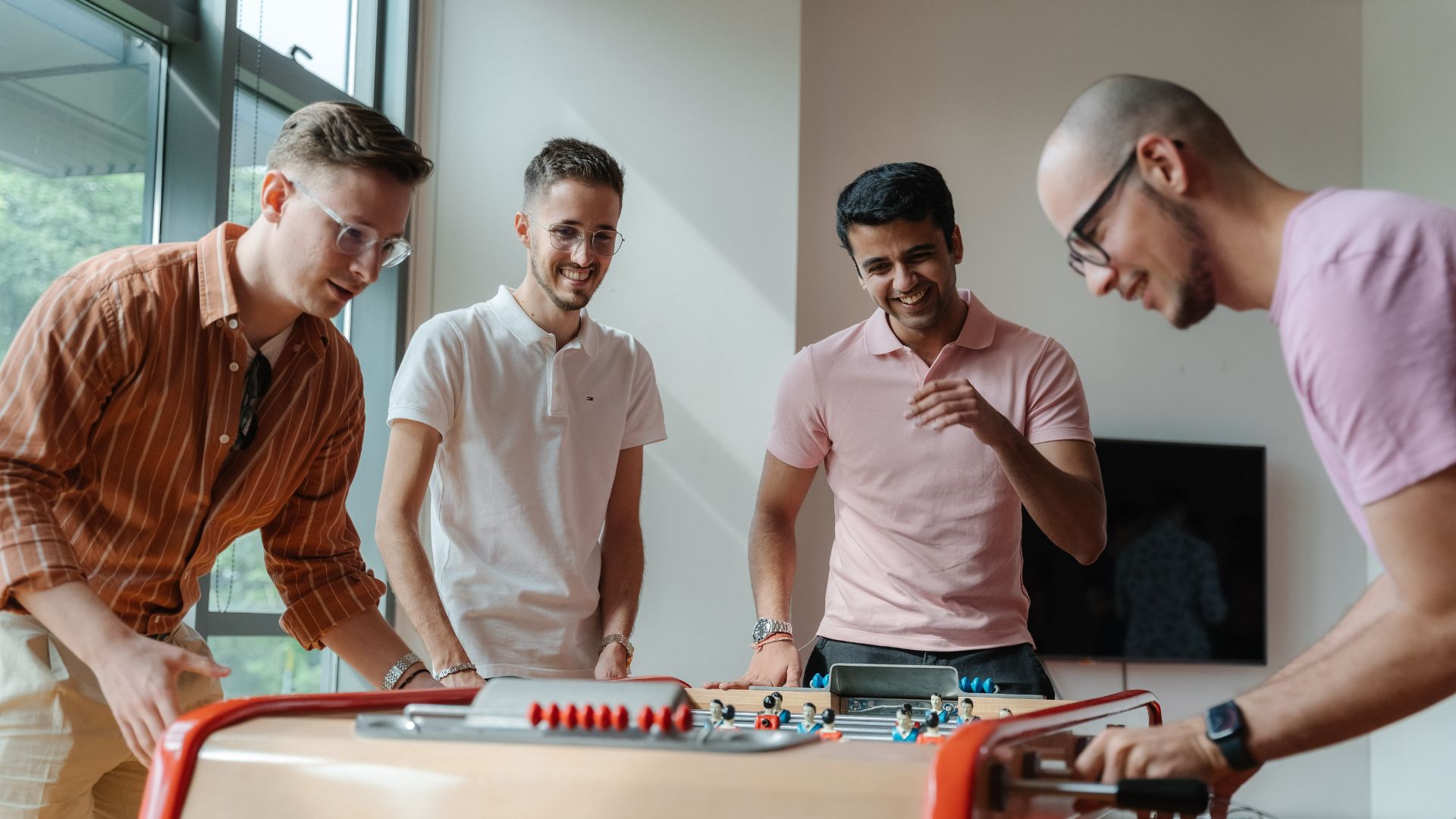Singapore may be small, but its local language—Singlish—is big on personality. As an ESSEC Asia-Pacific student, you’ll hear Singlish all around you: in the kopitiam (coffee shop), the classroom, and even corporate boardrooms.
But what exactly is Singlish? And how can you decode it without getting lost in translation? Let’s break it down—with real-life examples from campus and beyond.
1. ‘Lah’ – The National Suffix
What it means: It doesn’t mean anything. But it means everything.
‘Lah’ adds emphasis, emotion, or casual flair to a sentence.
- “Don’t worry lah.” → Relax, it’s no big deal.
- “Okay lah.” → It’s fine, but I’m not super excited.
- “Can lah!” → Sure, no problem.
Real-life example:
After a group project presentation, a local classmate might say, “Not bad, lah. We did quite okay.” It’s their way of saying, “Nice job,” but in the chillest tone possible.
2. ‘Can’ – The Word of Infinite Agreement
What it means: Yes. Possible. Okay. Done.
- “Can or not?” → Is it possible?
- “Sure can!” → Absolutely.
- “Cannot leh…” → Nope, sorry.
Real-life example:
You ask a staff member at an event, “Can I enter early?”
Response: “Can, can.”
Translation: “Yes, go ahead.”
3. ‘Leh’, ‘Lor’, and ‘Meh’ – Mood Modifiers
These small words add tone to what you’re saying:
- ‘Leh’ softens a request: “Don’t do that leh…”
- ‘Lor’ adds resignation: “Like that lor.” (It is what it is.)
- ‘Meh’ signals doubt: “Really meh?” (Are you sure?)
Real-life example:
During a masterclass Q&A, one student whispers to another, “This speaker quite funny leh.” It’s a casual compliment with a local twist.
4. Kopi – More Than Just Coffee
Singaporeans take their kopi (coffee) seriously, and the lingo is almost a language of its own.
- Kopi O → Black coffee with sugar
- Kopi C → Coffee with evaporated milk
- Kopi Siew Dai → Less sugar
- Kopi Gao → Extra strong
Real-life example:
At a hawker centre near campus, a classmate might order: “Kopi C siew dai, takeaway.” It’s like ordering a custom coffee drink—just with three syllables.
Mastering kopi lingo is a rite of passage, and a fun way to bond with locals over breakfast or late-night study breaks.
5. Mixing It All Up
Singlish isn’t just about the words—it’s about rhythm and attitude. You’ll often hear:
“Can lah, don’t stress. Just do like that lor.” It sounds like casual slang, but it’s a full conversation packed into one line.
Why It Matters at ESSEC
At ESSEC Asia-Pacific, Singlish is a cultural bridge. Whether working on a group project, attending a networking event, or joking around with campus staff, understanding these expressions helps you connect naturally with local students and professionals. Plus, it shows you’re open to the local culture, which goes a long way.
Don’t Force It Lah
You don’t need to speak Singlish to fit in. Just being aware of it helps you better understand the nuances of local conversation. But hey, if you accidentally drop a ‘lah’ here or there? Can lah.
Image Source: Order Kopi Guide
RELATED POSTS
From Tourist To Temporary Local: How To Feel At Home In Singapore
Making the transition from visitor to confident resident.
How to Settle into Singapore in Your First Month
A checklist to help ESSEC Asia-Pacific students adjust quickly and confidently.
Singapore on a Student Budget: Your Ultimate Savings Guide
Discover smart tips and insider hacks to live affordably in Singapore while enjoying all the city has to offer as a student.
First Week in Singapore: What to Expect and How to Prepare
Your go-to guide for settling in at ESSEC Asia-Pacific.
How to Make the Most of Your Time in Asia
To truly make the most of your time in Asia, focus on profound personal transformation by stepping beyond familiar academic and tourist activities…
How to Live Like a Local in Singapore
Singapore is a cultural melting pot. Here’s how to blend in smoothly.








